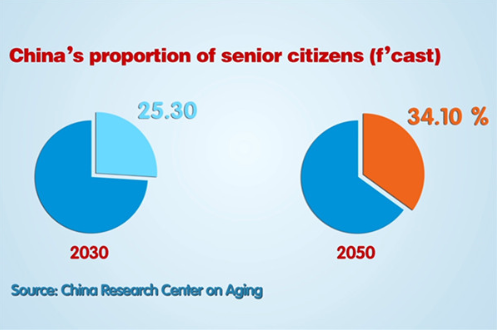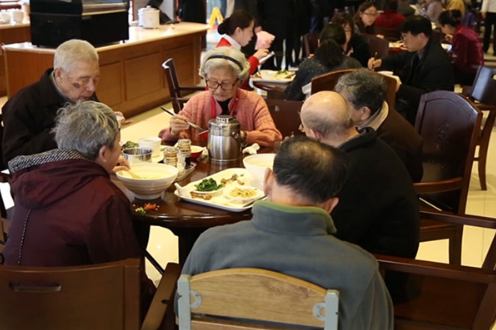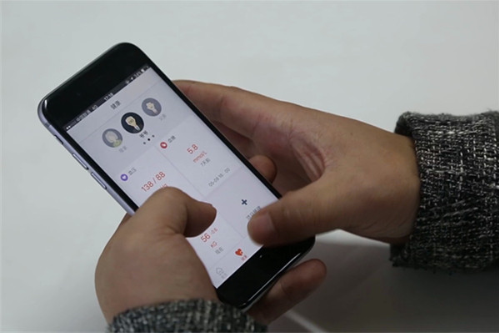Notification announcement
Elderly care industry in China
Date:2016-09-26
In China, home-based elderly care has been a tradition held for thousands of years. But now, as the country’s senior citizens become increasingly ready to accept new ideas and options, businesses are making inroads to explore the country’s huge market.

A lady in her late 60s, Zhang Jun’s life as a retiree has changed a lot since joining the Happiness 9 Senior Community. The elderly care chain operates recreational centers, while offering a range of online and offline services, such as online shopping, health care, and housekeeping.
China is facing a greying population. According to the China Research Center on Aging, senior citizens are expected to account for about a quarter of the country’s population by 2030. The proportion is estimated to hit more than a third by the year of 2050.
Nursing homes rise as ideas change
A retired professor from East China Normal University, Xie Youlan has been living in Qinheyuan, a nursing home for over six years. The senior care facility, founded in 2005, provides nursing and medical services for its members.

The nursing home has a sophisticated intelligent system, which integrates identification, consumption, gate pass, and tracking. The decade-old company has expanded to such cities as Sanya, Yingkou, Haining and Ningbo via shareholding.
Technology breathes fresh air into eldercare
High-tech devices used by Qinheyuan are developed by the IT company e-ling. The company provides smart old-care solutions for facilities and communities as well as individuals via tools including cloud platforms for smart old-age care, the e-Secretary app, e-ling Smart Devices and value-added services.

Industry insiders believe senior care service is an area that awaits development as it trends towards a future of high-tech and smart services. This outlook has given rise to companies like Yunbao, Sankai and Jiejiatong, which provide technological solutions for the senior care industry.

